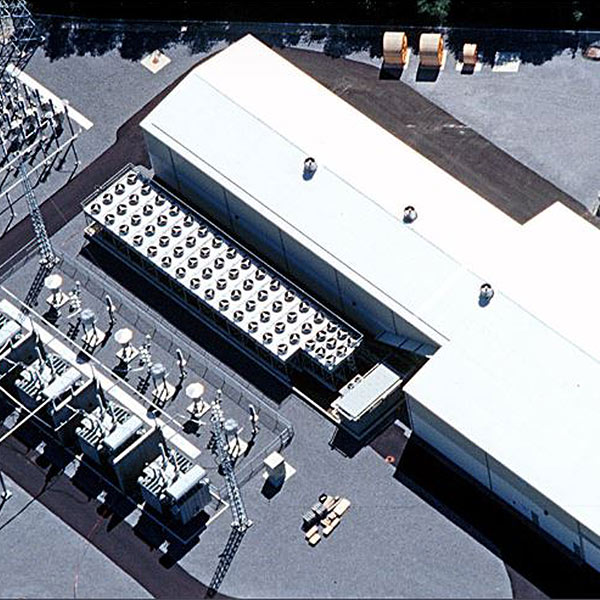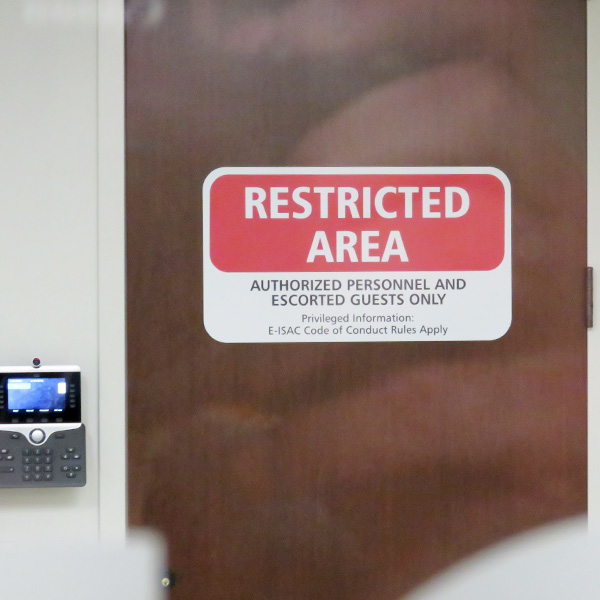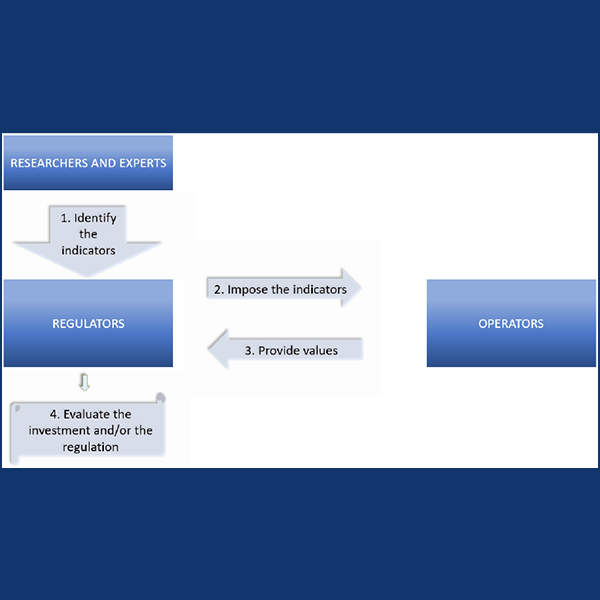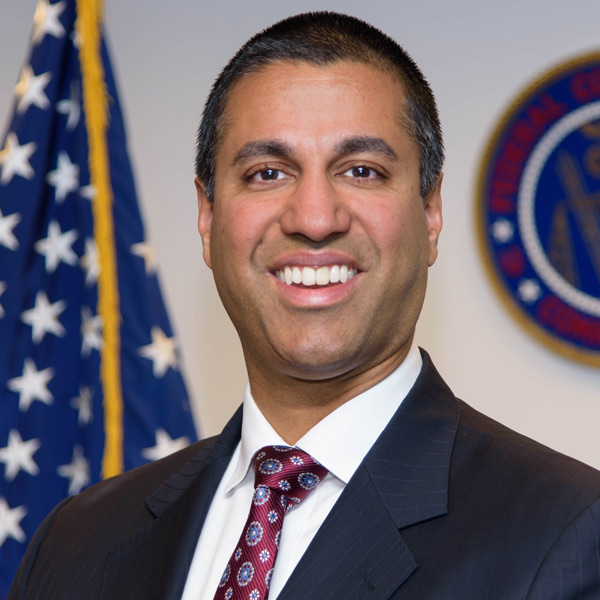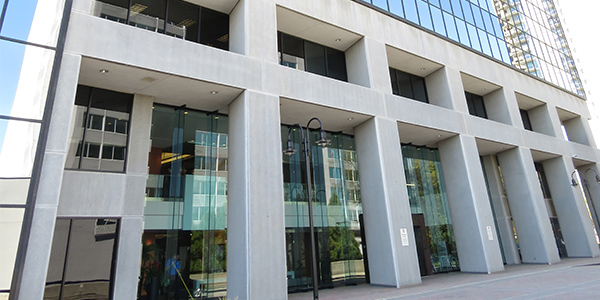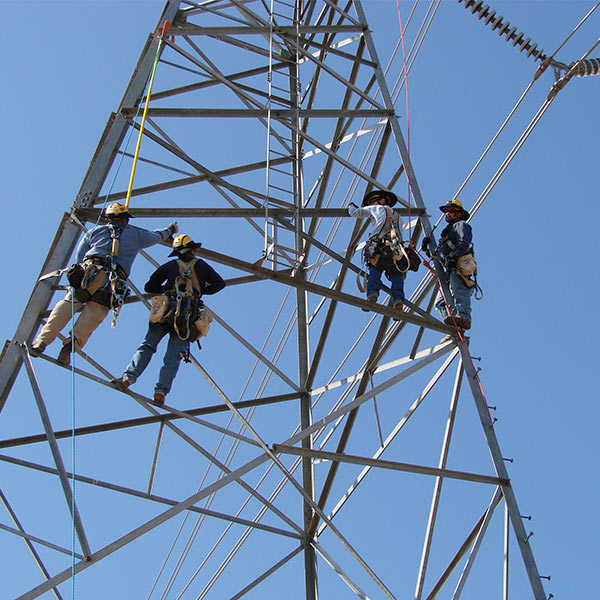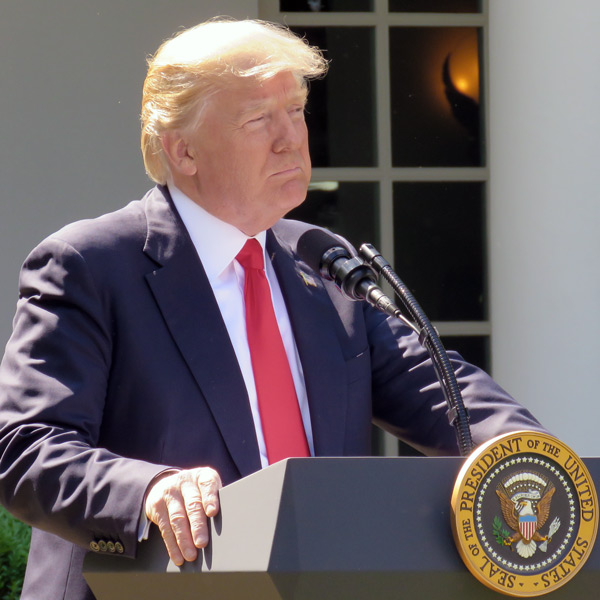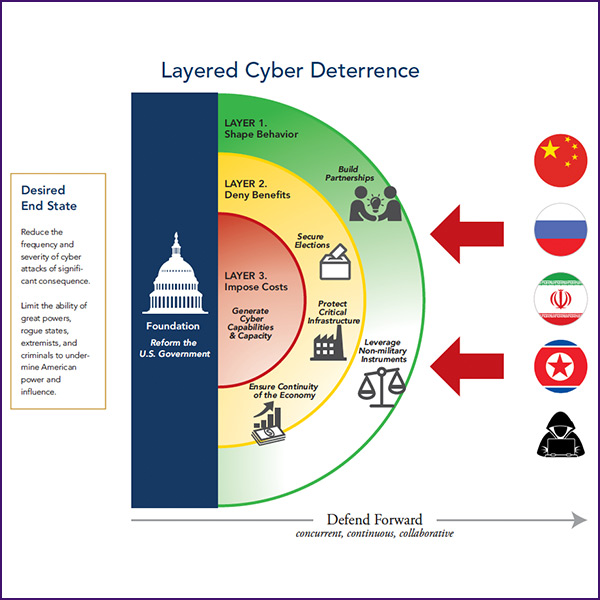FERC & Federal
The Federal Energy Regulatory Commission is an independent regulatory agency that oversees the transmission of electricity, natural gas and oil in interstate commerce, as well as regulating hydroelectric dams and natural gas facilities.
FERC approved a procedure for “critical” New England generators and transmission operators to obtain compensation for compliance with NERC rules.
NERC is preparing to issue a Level 2 alert in response to President Trump’s recent executive order regarding foreign threats to the BPS, CEO Jim Robb said.
NERC is seeking comments through July 10 on proposed changes to its Rules of Procedures that were ordered by FERC earlier this year.
ERCOT may need to use Energy Emergency Alerts to provide “operational flexibility” and ensure it has sufficient resources to mitigate capacity shortages this summer.
Utilities in many countries lack consistent regulatory frameworks for hardening systems against cyberattacks, according to a report from NARUC and USAID.
The FCC voted to make part of the 900-MHz spectrum available for companies in the utility, transportation, manufacturing and petrochemical sectors.
NERC, FERC, DOE and the North American Transmission Forum have created a resource to help entities develop response plans for pandemics and epidemics.
FERC approved penalty settlements for violations of NERC standards by Mississippi Delta Energy Agency and WAPA, along with an unnamed utility.
President Trump issued new restrictions on the purchase of BPS equipment from suppliers suspected of connections with foreign adversaries.
Maintaining extra cybersecurity awareness once the COVID-19 crisis has passed could be a challenge, according to the Cyberspace Solarium Commission.
Want more? Advanced Search
